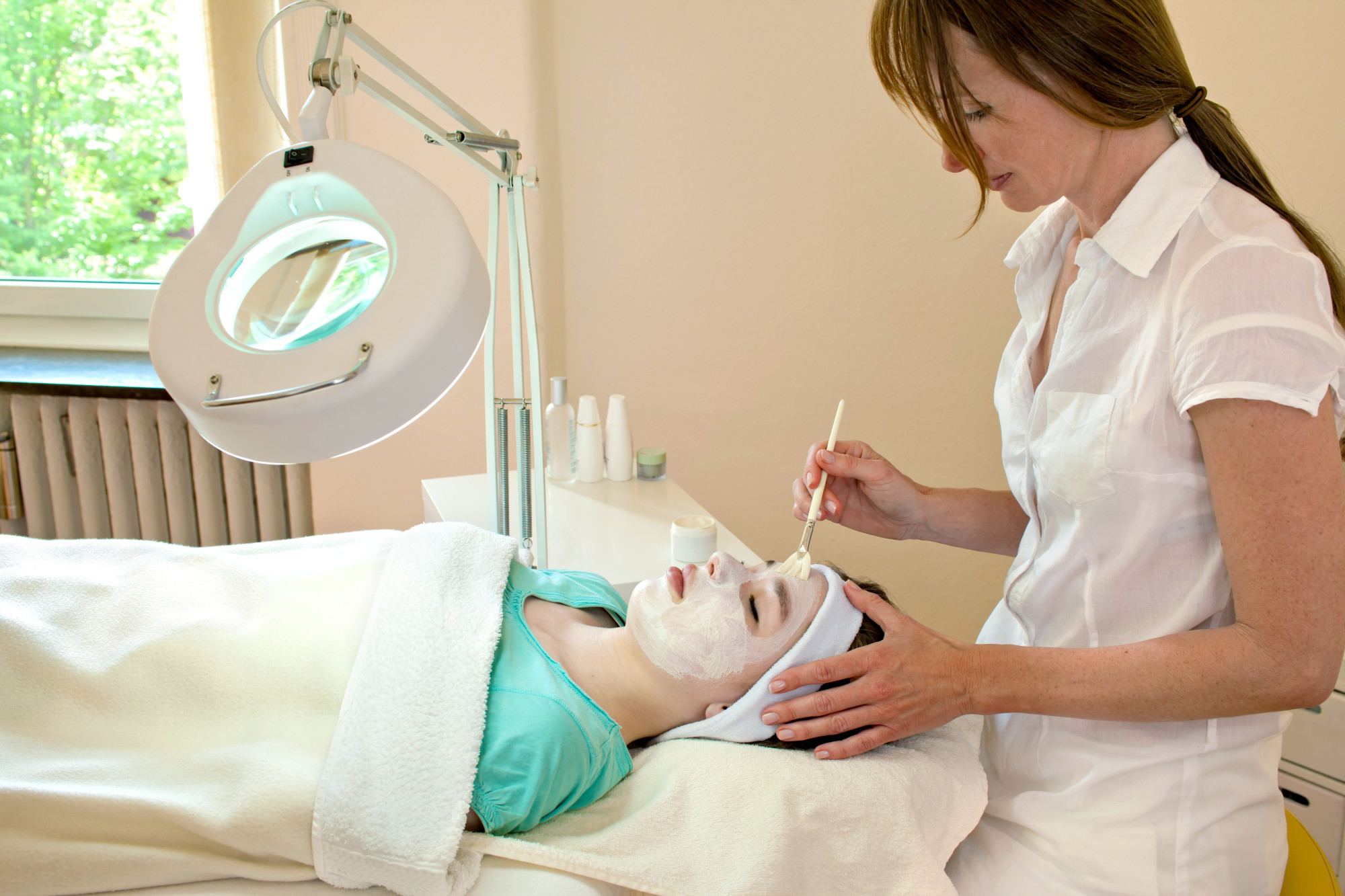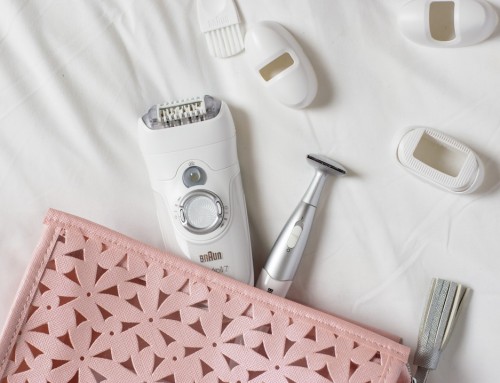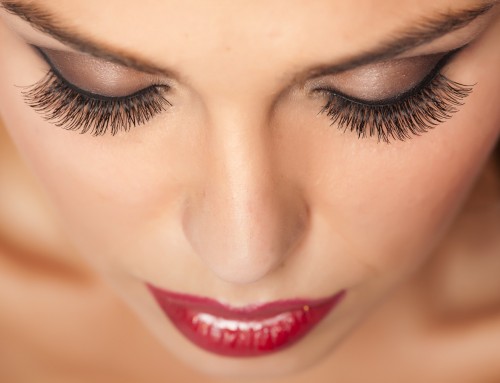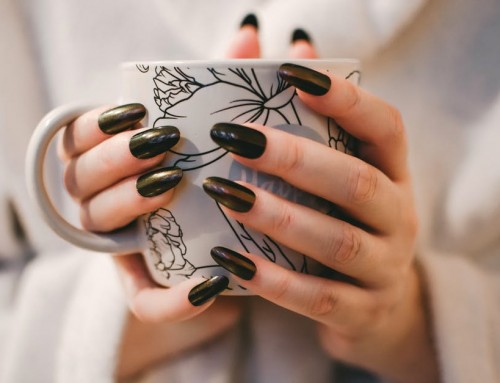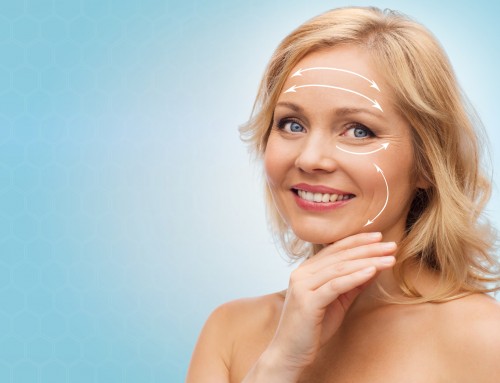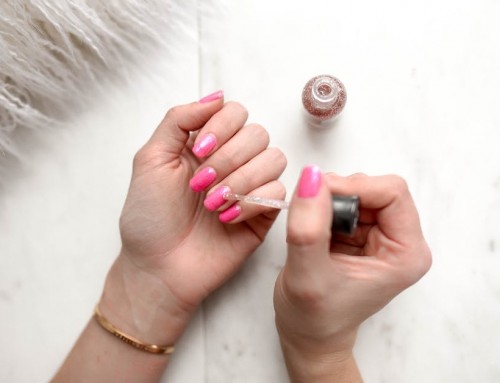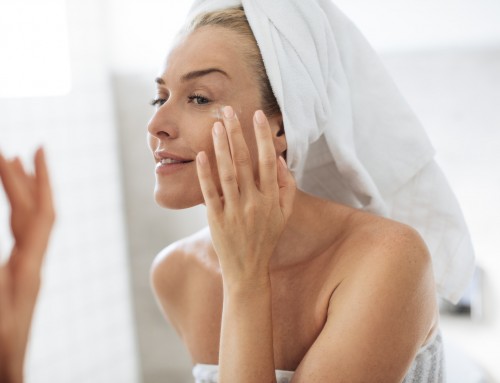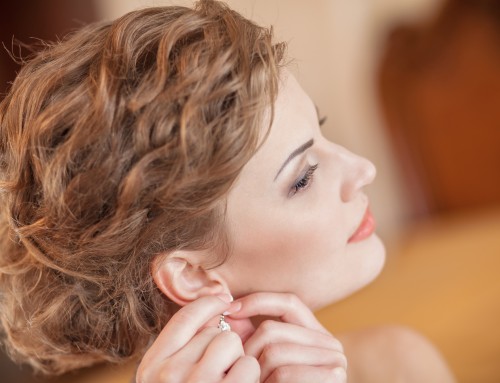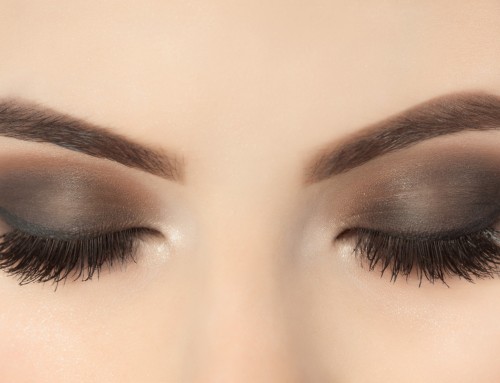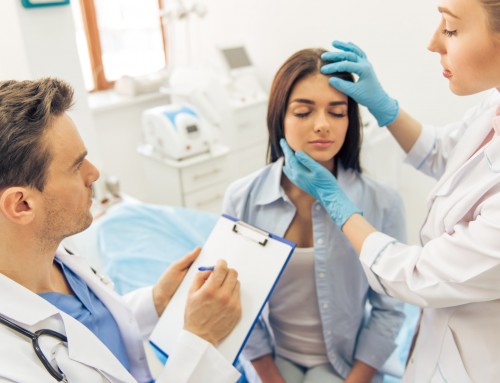It’s coming up: that special event you wanted to look great at. Wouldn’t it be amazing to have some photos from the event without your acne? A chemical peel is a great way to go, but there are some guidelines.
If you’re considering chemical peel for acne there are some things you should know first. To get all the information, read on!
What Is a Chemical Peel?
Put the words ‘chemical’ and ‘peel’ together and it can sound like some sort of torture technique. In reality, all it is is a safe and effective exfoliation. It gets rid of those dead skin layers that make the skin look dull or give uneven tone.
You’re left with a restored skin surface that looks smoother, radiant, and with better tone. They are most often applied to the face but can be just effective on other target areas on the body. You could try it on the neck and hands to look younger at the sites that otherwise give away our age!
After the peel, the dull and dead surface layers of your skin will flake off. What it leaves behind is new, healthy skin. The bright, fresh feel you’re left will get you addicted to the procedure!
8 Things to Know About Chemical Peels
If you’ve never had a chemical peel before, there is a lot to learn about the process, planning, and aftercare. Let’s take a look.
1. There Are Different Types for Different Problems
Skin peels can work for fine lines, uneven tone, dull skin, anti-aging, and acne. Your local beautician will likely have a range of different peels depending on your goals and skin problems. Boss Gal Beauty Bar, for example, offers three different peel types to clients in Ohio.
2. You Can Choose ‘Zero Downtime’
If you’d prefer no one sees the exfoliation process, tell your beautician you want ‘zero downtime’. They’ll then choose something like a lactic acid peel. If you’re not bothered by the flaking, you can get a stronger, more effective type of peel.
A beautician will cleanse your face thoroughly. They’ll then apply the peel with a brush or cotton swab. You might feel a slight tingling as it does its work, let the beautician know if it gets painful or uncomfortable.
3. It’s No Miracle Treatment for Scarring
It’s important to be realistic about the peel. They can help keep your skin looking fresh and youthful, for sure. But they’re not likely to remove scarring that’s been there for years.
The same goes for skin suffering from years of damage – one peel won’t fix that. Your beautician will ask you about your skin before diving into the peel. They know best what will and won’t be right for you.
4. Your Beautician’s Advice Is Critical
Be patient as your beautician analyzes and diagnoses your particular skin needs. Let them know about any allergies or medication you’re taking or have taken that’s had an impact on your skin. If you’re pregnant, breastfeeding or taking any sort of medication, let them know.
None of this necessarily means you can’t get a peel. But it’s important the person doing the treatment has all the relevant information to make that call.
5. Chemical Peel for Acne Is Effective
Once the peel is gently washed away, you’ll feel brighter straight away. Fine lines, pigmentation, and textures will show improvement. If you’ve requested a stronger peel, your skin might be pink or slightly reddish right after the peel.
Within a week or so skin crusts like acne should just peel away. You should avoid sun exposure during this period and take precautions like sunscreen afterward. Keeping up with regular gentle peels can help keep your acne away by eliminating some of the main causes of acne like dirty and blocked pores.
6. You Need to Prepare
Before your appointment for a chemical peel, don’t aggravate your skin. Avoid exfoliating excessively at home or trying any new skin products. Also, avoid sun exposure, stay hydrated and maintain healthy nutrition, since you are what you eat after all!
The best advice is to be gentle on your skin for the week or so prior to your peel appointment. If you’re unsure about something in particular for preparing for the appointment, just ask your beautician. Many clinics will give you advice on preparing for your appointment as you book.
7. Book in Advance for Best Results
Just as you would with a facial or other exfoliation, try to get your peel done a week or more before the event you’re looking forward to. That way you give your skin time to refresh and renew. It also buys some time for the unlikely event of a reaction to the peel, giving any aggravated skin plenty of time to settle and look its best for those event photos!
8. Aftercare Is Important
Sunscreen is important before any sun exposure. It is the most research-backed way of delaying skin aging. Not to mention preventing skin cancer.
So, as we’ll tell you any chance we can, you should be wearing a good sunscreen anyway. After a peel, it becomes especially important! It’s also important to drink lots of water after a peel.
Staying hydrated will help your skin to revive and shed the older skin. By reducing sun exposure and drinking lots of water, you’re giving your skin the break and rest it needs. And giving yourself the best chance at glowing, fresh new skin.
Try to avoid hot showers or baths. Just as with preparing for the peel, after a peel, the guideline is to be gentle on your skin. Stay away from any activity or exposure that might aggravate it.
That’s It: You’re Ready to Book a Chemical Peel!
If you’re sick of hiding from photos because you’re embarrassed about your acne – then stop! There’s no need to put up with it. You might have tried every medication, recommendation, and skin cream under the sun.
But you’re still stuck with acne.
It’s time to try a chemical peel for acne. The not-so-secret beauty technique that gets results for everything from sun spots and fine lines to acne. To get the best results, follow our preparation and follow-up guidelines so you can get straight to enjoying your gorgeous new skin!
If you found this article helpful, you’ll love the rest of our website. Check out our other articles on beauty today!

